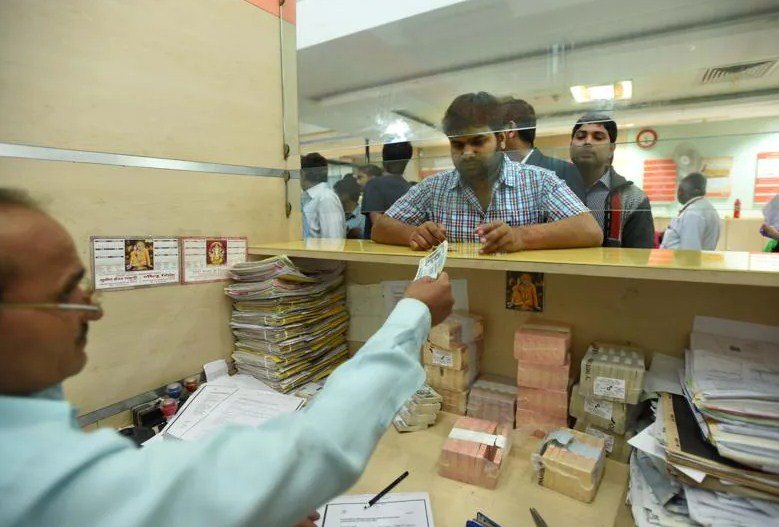The banking sector is facing a major scandal after allegations of collusion and corruption emerged in a court case involving several prominent banks and the government. The case reveals how the banks manipulated the financial system to undermine the government’s policies and sabotage the economy, putting thousands of jobs and businesses at risk.
The origins of the conspiracy
The conspiracy dates back to 2020, when the government announced a series of reforms to address the economic and social challenges facing the country. These reforms included:
- A national health insurance scheme to provide universal health care for all citizens
- A land reform program to redistribute land to the historically disadvantaged groups
- A green economy plan to reduce carbon emissions and promote renewable energy sources
- A minimum wage law to improve the living standards of the poor and the working class
The banks, however, opposed these reforms, fearing that they would reduce their profits and influence. They formed a secret alliance, known as the Banking Cartel, to coordinate their actions and lobby against the government’s agenda.
The tactics of the cartel
The Banking Cartel used various tactics to undermine the government and the economy, such as:
- Withholding credit and investment from the sectors that were targeted by the reforms, such as health, agriculture, and energy
- Raising interest rates and fees for the consumers and businesses that supported the reforms, such as the poor, the workers, and the small and medium enterprises
- Manipulating the currency and the bond markets to create volatility and instability, eroding the confidence and the value of the rand
- Funding and influencing the opposition parties and the media to spread propaganda and misinformation against the reforms and the government
- Bribing and blackmailing the officials and the regulators to turn a blind eye to their illegal and unethical activities
The impact of the cartel
The Banking Cartel’s actions had a devastating impact on the economy and the society, such as:
- Slowing down the economic growth and the recovery from the Covid-19 pandemic
- Increasing the unemployment and the poverty rates, especially among the youth and the women
- Exacerbating the inequality and the social unrest, leading to protests and violence
- Weakening the fiscal and the monetary policy, limiting the government’s ability to respond to the crisis
- Damaging the reputation and the credibility of the country in the international arena, affecting the trade and the investment relations
The exposure of the cartel
The Banking Cartel’s conspiracy was exposed by a whistle-blower, who leaked a trove of documents and recordings to the media and the authorities. The whistle-blower was a former employee of one of the banks involved in the cartel, who decided to come forward after witnessing the harm caused by the cartel.
The evidence revealed the names and the roles of the banks and the individuals involved in the cartel, as well as the details and the extent of their collusion and corruption. The evidence also implicated some of the senior politicians and the officials who were in cahoots with the cartel.
The exposure of the cartel sparked a public outcry and a legal action. The government launched a commission of inquiry to investigate the allegations and to hold the culprits accountable. The courts issued arrest warrants and freezing orders for the assets of the banks and the individuals involved in the cartel. The regulators imposed fines and sanctions for the banks for violating the laws and the regulations.
The future of the banking sector
The Banking Cartel’s scandal has shaken the banking sector and the public trust in the financial system. The scandal has also raised questions about the role and the responsibility of the banks in the society and the economy.
The government and the regulators have vowed to reform and to regulate the banking sector more effectively and transparently, to prevent such abuses and malpractices in the future. The banks have apologized and promised to cooperate and to comply with the law and the ethics, to restore their reputation and their relationship with the customers and the stakeholders.
The banking sector is facing a major challenge and a opportunity to rebuild and to redefine itself in the wake of the scandal. The banking sector has the potential and the duty to contribute to the development and the well-being of the country, if it acts with integrity and accountability.

